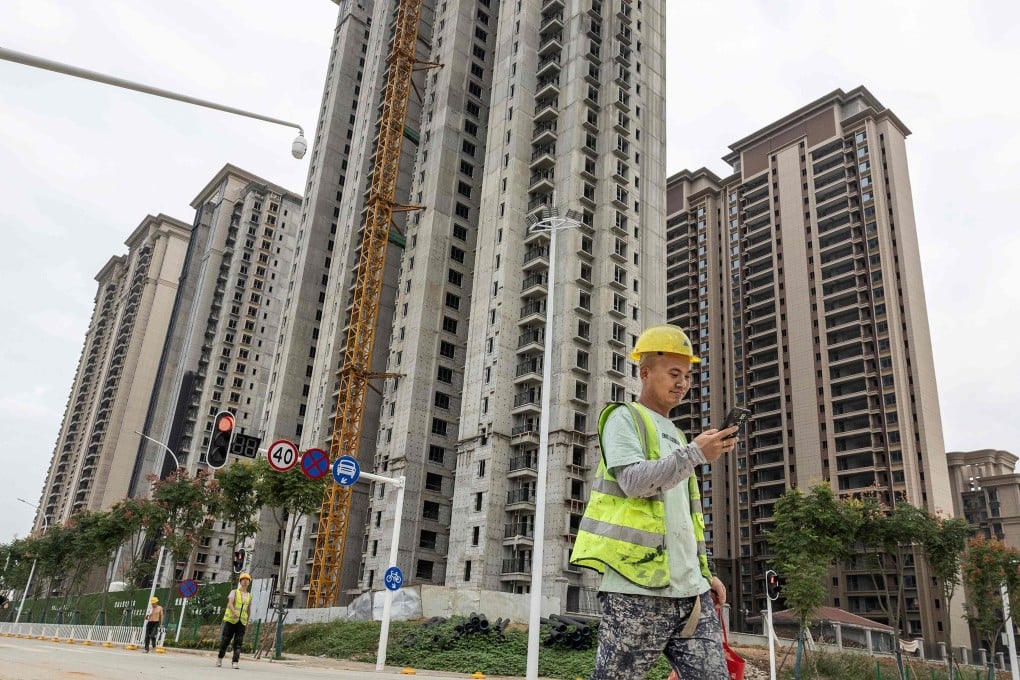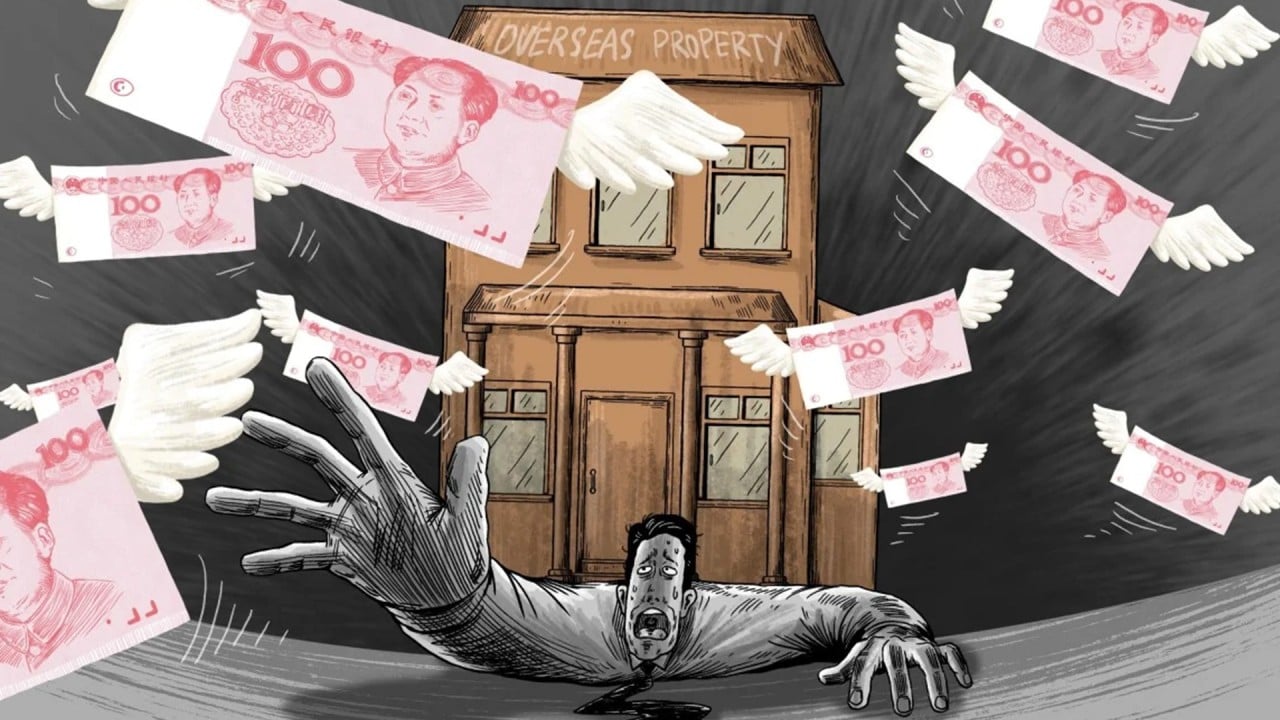US urged to see opportunity in China’s economic woes, and align policies accordingly
- Attracting capital and production from China should take priority over tariffs and other hardline measures, according to an American economist
- A second analyst argues for a more welcoming attitude when it comes to collaboration with innovative Chinese companies

Washington should use economic weakness in China to attract capital and production capacity from the country instead of keeping tariffs and other hardline measures in place, an American economist said on Thursday.
A weaker yuan, falling property prices, rising youth unemployment and other negative economic indicators in China give American policymakers an opportunity to attract companies, intellectual property and the wealth of individuals looking for more opportunity, said Adam Posen, president of the Peterson Institute of International Economics think tank.
“If the US were to reorient its policies … towards suction – not sanctions – it would be to both our and the world’s advantage because it essentially puts pressure on [Beijing] to either accept that there’s going to be outflows or they end up like their forebears, autocrats in the Soviet Union, in Latin America and elsewhere,” Posen said during an event hosted by Foreign Policy magazine.
The latter course, he said, leads to “putting up more barriers, trying to stem the outflows, which we know that makes people more nervous and more eager to get around them”.
With predictions varying widely on how deep and prolonged China’s economic malaise will be, policymakers in Washington are bringing this factor into their thinking about what strategies are most effective in countering Beijing’s geostrategic influence.
